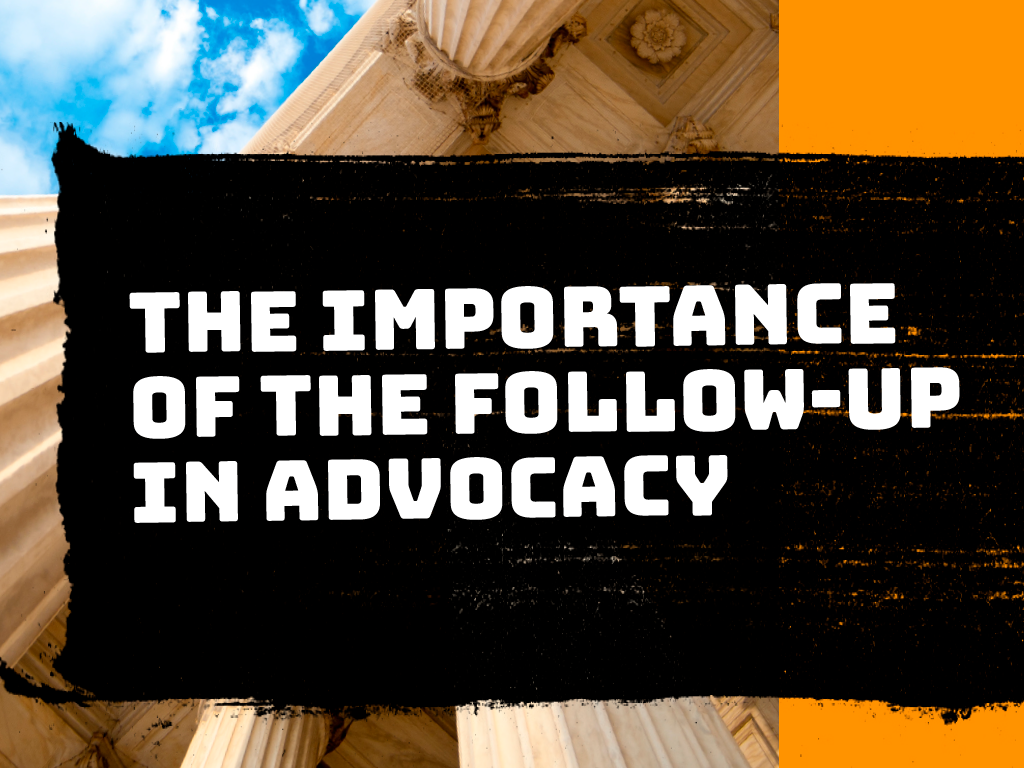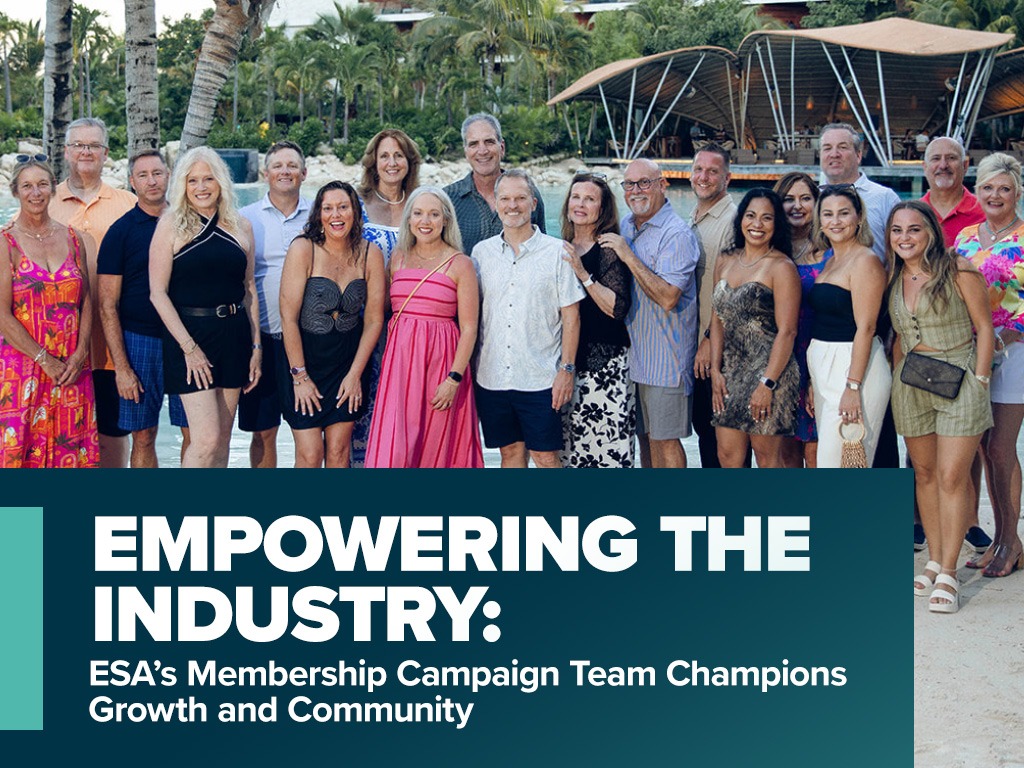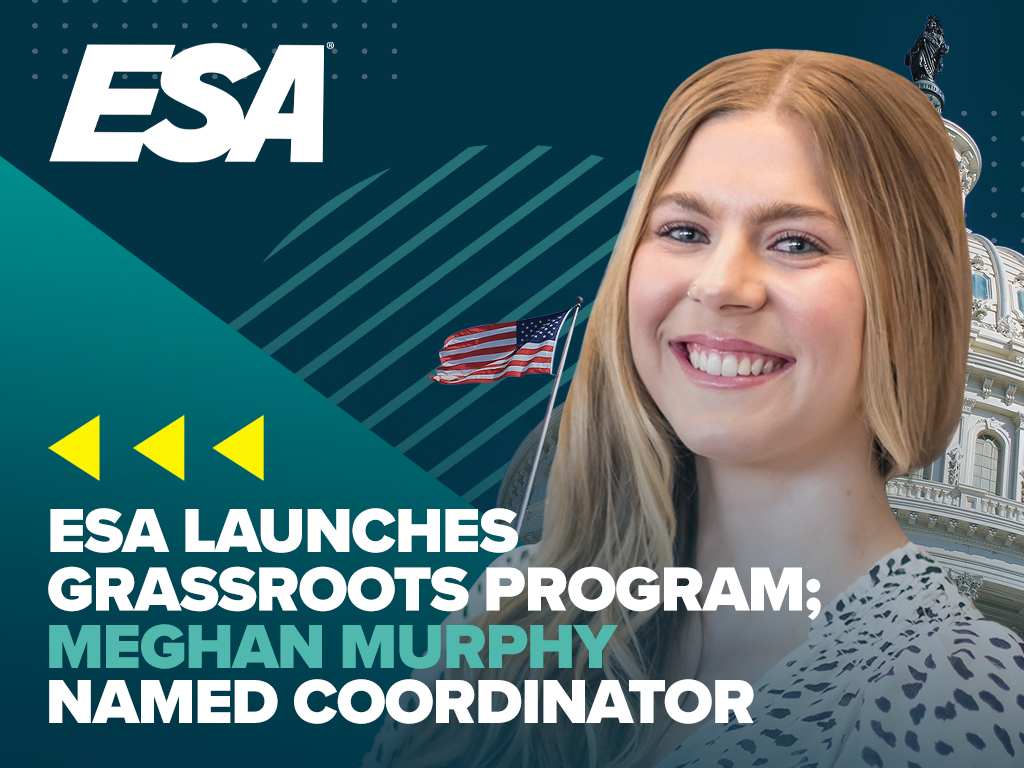The Importance of the Follow-Up in Advocacy

When we launch an advocacy campaign at ESA, especially a federal one, I will often hear back from members about what they heard from their Representative or Senator. Sometimes, it is a well explained reply from the elected official discussing the bill and saying that they will investigate it. More often, unfortunately, it is a generic response that might touch on the issue that the bill we support or oppose covers. That is why a follow up– or multiple follow ups are so important!
It is important to remember that unless you personally know your elected officials and have their cell phone numbers, you are connecting with their staff at first. This staffer is often a Legislative Correspondent (LC) which is just above an intern position and is typically the first- communicator with constituents. They will put together a response, often using a template, which is in coordination with the elected official and their senior staff. If you follow up on the issue following their initial response, you will often be sent to a Legislative Assistant (LA), the Legislative Director (LD), or the Chief of Staff. These are the staffers that typically take the lead on policy research and have a direct line to the elected official. You might have to continue to follow up with them as well until you get a definitive answer. Congressional staff are overworked, so it is easy for them to let something slip. I have a recent example of this.
In May this year, ESA supported HR 7357, the Securing Our Schools Act of 2024. ESA had been in support of several school security bills at the federal level, and this was the most recent one to be introduced. So, we launched a campaign encouraging members and their staff to send a message supporting it and urging Representatives to show support by co-sponsoring the bill. While co-sponsoring a bill costs nothing, the elected officials are sometimes hesitant to do so because they are looking to trade support for a bill with another elected official and because the bill can still be amended in committee. I personally reached out to my congressman urging them to support the bill.
I received a response quickly from an LC who asked if I would like to add anything additional to the message I sent through our ESA system. I added that I want to serve as a resource for the entire staff on security and life safety issues (staff love to have experts in the district they can communicate with quickly to get feedback on legislation). I then added that I would like to see my congressman co-sponsor the bill. I received no response and followed up a week later. I was then told they would connect me with the LA (who was CC’d) on education issues. Two more weeks passed, and nothing happened. So, I followed up again asking when we could hop on a quick call. The LA responded that the education portfolio moved to the LD (CC’d) now. More weeks went by and still nothing happened. I followed up again and asked everyone to get on a call. The LD responded that he was still reviewing the bill and would run it by the congressman. Two more weeks come and go, and I heard nothing. So, I reached out again asking how long it might take to review the bill and pointing out that the legislation was only 3.5 pages long (which is extremely short for Congressional legislation). I then received a response that they would not be able to co-sponsor the bill at this time, but that they appreciated the outreach. It took 2 months to get to “No for now,” but I could say I saw it through.
Now, I am not going to tell you who the congressman is because he is supportive on our other issues. This congressman voted for HR 7024, the Tax Relief for American Families, and Workers Act of 2024, and is a co-sponsor of HR 1477, the Freedom to Invest in Tomorrow’s Workforce Act, which is great. The truth is that your elected officials hate telling you “No.” Regardless, it is important for advocates to push their elected officials on issues they care about. So do not feel like the job is done nor get disheartened if you receive a general response. It is an opportunity to keep that door open on the issue and demonstrate your expertise and your seriousness about issues impacting our industry. Contact your elected officials and follow up as often as you can! That is how you can see it through.




